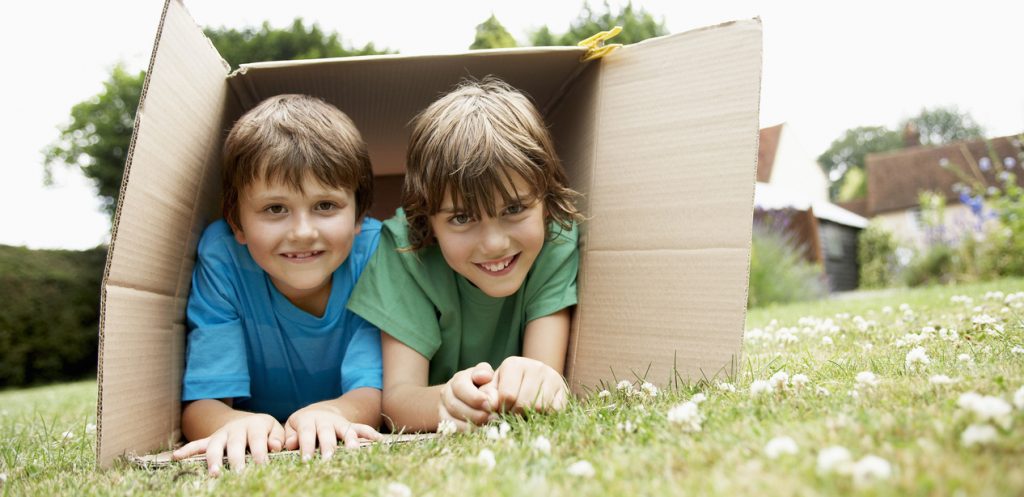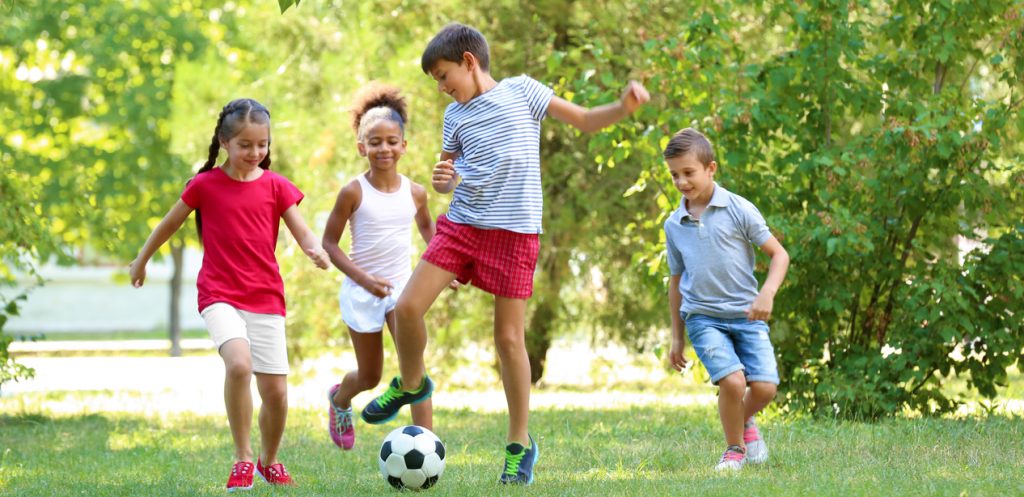Few issues in parenting bring such a broad range of views than the thorny question of how old your child needs to be before you let him or her out of your sight for the first time.
And it’s true: on the Talk boards, some Mumsnetters describe cheerfully waving off five and six year olds to play out alone, while others won’t let their 12-year-olds off the metaphorical reins.
But read on and you’ll see there’s more to it than parental anxiety (although that’s clearly there). Most of the parents who let young children play out live in cul-de-sacs, surrounded by other families whose children also play out: though they’re not continually supervised, other mums and dads and carers are popping out to check up on all the kids.
But for many families, both urban and rural, playing out belongs to the past. Where they live is simply not conducive to street-play. There’s too much traffic, the neighbourhood is too rough, there aren’t any other kids for them to play with, or there’s simply no safe, communal space to accommodate them.
Check out these outdoor toys for summer.
However, even for these children, the day must come when they set off out into the big world all alone – at least for five minutes, with Mum positioned at an upstairs window with a pair of binoculars and Dad perched by the front door in his trainers ready to race out at the mereist hint of a problem. Because that’s what parenting is all about, at the end of the day: you have to let them go.

When should children go out alone?
But when? Most Mumsnetters agree that children of around 10 or 11, those at or soon-to-be-at secondary school, should be able to make short journeys alone. Many, of course, will be travelling alone for all or part of their journey to and from school from Year 7.
To achieve that, you’ll need to allow or encourage your child to make short forays out alone around the age of eight or nine. But every child is different, and every neighbourhood is different. You need to think about
- Your child’s general maturity
- His confidence – does he want to go out alone?
- Where your child will be going and at what time of day
- How long he will be alone
- Whether he will have to cross a road(s)
Build up your child’s independence slowly. Going to a corner shop (if there’s one a five-minute walk away) is a perfect first solo outing, as is going down the road to a friend’s house to play (with calls to say he is setting out, and a confirmation call or text to say they’ve arrived).
Your worries about your child being out alone
Remember that both you and your child will be nervous. Try to be excited about the adventure rather than just plain worried: you want to convey the idea that life and new opportunities are exciting, not that they’re terrifying.
There’s some debate on the Mumsnet Talk boards about how safe it is to allow pre-teens out alone: but most agree that the risks of traffic far outweigh the risks of abduction (and statistically, they certainly do), and that in general society is too risk-averse when it comes to children being out alone.
According to research for Play England (August 2012), 49% of parents don’t let their children play out because of ‘stranger danger’; and 31% don’t let them play out because of worries over an accident or danger. Responding to this, one poster on Mumsnet said she thought it was “very sad” for children who didn’t get to play outside, and there was an element of selfishness among those parents “because they are putting their own paranoia above their children’s development and freedom”.
What Mumsnetters think about letting your child go out alone
- Most accidents, deaths, abuse, and abductions take place in the home, or by people already known to the victim. Statistically speaking, your child is much safer being allowed to go out unsupervised than she is being kept at home. Dahlen
- There’s a lot more chance of them getting into awkward/dangerous situations because they’ve not been taught to be streetwise, than there is of them ever being kidnapped. Worraliberty
- Always remember that quiet roads can be dangerous, on the basis that you tend to cross them in the expectation there won’t be a car coming. rabbitstew






